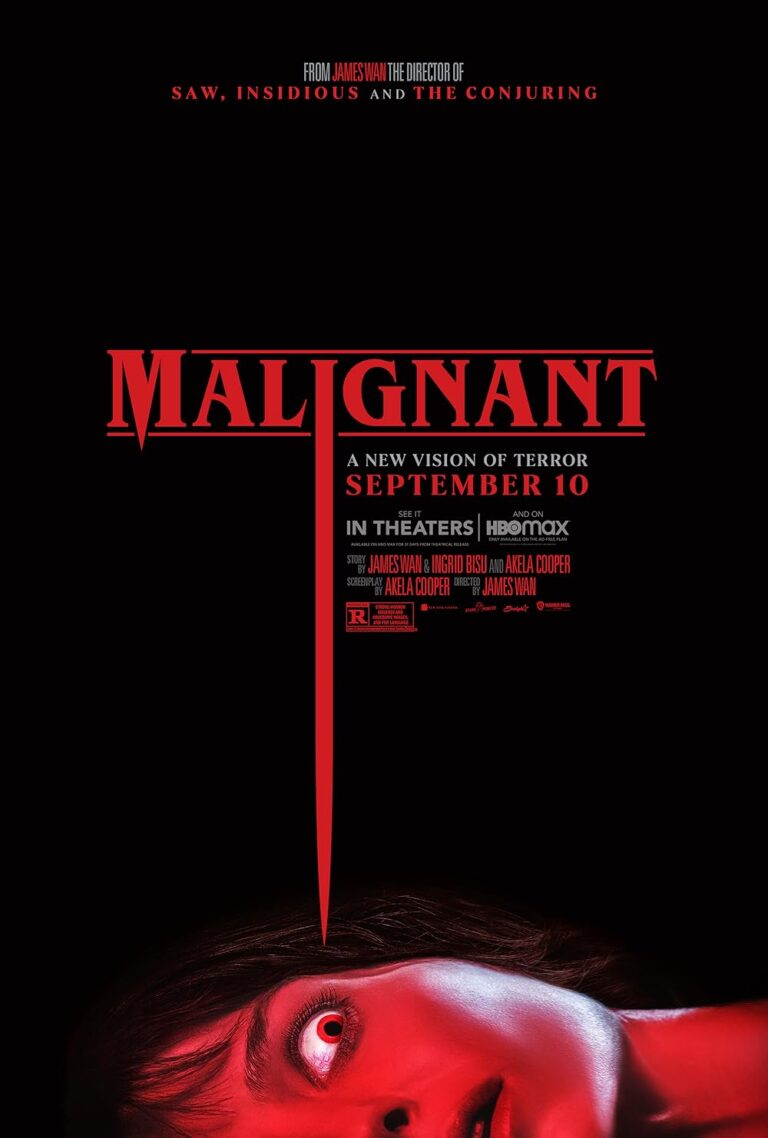Fight Club is a 1999 American dark comedy film based on the 1996 novel of the same name by Chuck Palahniuk. The film was directed by David Fincher, and stars Brad Pitt, Edward Norton and Helena Bonham Carter. Norton plays the unnamed protagonist, an “everyman” who is discontented with his white-collar job. He forms a “fight club” with soap maker Tyler Durden, played by Pitt, and they are joined by men who also want to fight recreationally. The narrator becomes embroiled in a relationship with Durden and a dissolute woman, Marla Singer, played by Bonham Carter.
source: https://en.wikipedia.org/wiki/Fight_Club
Summary:
“Fight Club” is a gripping and thought-provoking psychological drama that delves into the mind of an unnamed insomniac narrator struggling with the monotony of his life. Directed by David Fincher, the film is an adaptation of Chuck Palahniuk’s novel of the same name.
The story follows the life of the narrator, played by Edward Norton, a disenchanted and unfulfilled corporate worker whose job involves assessing the risk of automobile accidents for an insurance company. He leads a mundane existence, consumed by consumerism and societal expectations, which exacerbates his insomnia. The narrator’s desperation leads him to attend support groups for terminal illnesses despite being perfectly healthy, seeking catharsis and a sense of connection through the pain of others.
In one of these support groups, he encounters a peculiar and charismatic man named Tyler Durden, played by Brad Pitt. Tyler is everything the narrator wishes he could be: free-spirited, confident, and unapologetically rebellious. The two strike up an unusual friendship, and after the narrator’s apartment is destroyed, they start living together in a dilapidated house. As the days go by, they form an underground fight club, a place where men can release their primal instincts and find a sense of identity and purpose.
However, the fight club quickly evolves into a subversive anti-establishment movement called Project Mayhem, led by Tyler, which aims to bring down the consumerist and materialistic society they both despise. The group’s activities escalate into acts of vandalism and domestic terrorism, putting them on a dangerous collision course with the authorities and forcing the narrator to confront the destructive consequences of his choices.
Meanwhile, the narrator becomes entangled in a complex and tumultuous love triangle with Tyler, as he falls for Marla Singer (played by Helena Bonham Carter), a woman he met at the support groups. Marla is as troubled and tormented as the narrator, and their relationship further blurs the lines between reality and hallucination.
As the story unfolds, the audience is taken on a twisted and mind-bending journey, filled with unexpected twists and revelations. The film explores themes of masculinity, identity, consumerism, and the dark underbelly of society. It raises questions about the suffocating nature of modern life, the consequences of unchecked aggression, and the dangers of anarchy.
The movie’s narrative is presented through the eyes of an unreliable narrator, making it challenging to discern what is real and what is a product of his imagination. As the story reaches its climax, the shocking truth about the narrator’s mental state and the true nature of Tyler Durden is revealed, leaving the audience in awe and reevaluating everything they thought they knew.
“Fight Club” is a visually stunning and stylistically impressive film, with Fincher’s signature dark and gritty cinematography adding to the film’s bleak and disconcerting atmosphere. The movie’s soundtrack, featuring tracks from The Dust Brothers, complements the on-screen chaos and intensity, enhancing the overall experience.
At its core, “Fight Club” is a poignant and cautionary tale about the dangers of unchecked nihilism and the allure of rebellion. It offers a compelling exploration of the human psyche, examining the consequences of suppressing emotions and embracing destructive behaviors. The film’s powerful performances from Edward Norton and Brad Pitt add depth and complexity to the characters, making them unforgettable and thought-provoking.
“Fight Club” has become a cult classic, resonating with audiences and sparking debates about its underlying messages. It challenges viewers to examine their own lives and societal values critically, making it a truly immersive and transformative cinematic experience. The movie’s shocking and unapologetic portrayal of violence, along with its dark humor and philosophical musings, continue to captivate audiences and solidify its place as one of the most influential films of its time.




